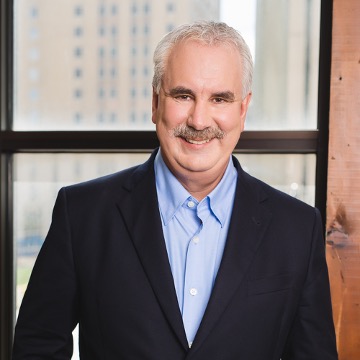Matching Money to Mission
Our consultation is always in sync with your strategy
RESET drives Revenue-Generation through Place-Making for real estate assets.
Guaranteed Accountability
We deliver results
Design & Construction
From service provider to irreplaceable partner: Access to client opportunities you couldn’t otherwise capture using traditional processes and positioning as an essential collaborator for a client’s competitive advantage/growth.
See increased project scope potential and present solutions that expand the project vision beyond what the client initially thought possible.
Be seen outside of the box you’ve been put in.
Public & Private Entities
From visionary to iconic: A revenue-generating project that meets your vision, mission, and fiscal goals.
Projects that are profitable faster using the accelerated timeline of alternative project delivery methods.
Shift from being seen as a waypoint to becoming a desirable destination for customers.
Be seen as progressive ahead in the marketplace.
Banking & Finance
From a transactional relationship to trusted advisor: Securing deal opportunities before they hit the public marketplace.
Gain exposure to projects in the conceptualization phase and provide front-end value by shaping how the project will be financed.
Become an asset to help shape the project decision-making process.
Are you leveraging various legal & financial structures to find ways to deliver projects?
Project Types
Financial Structures

RESET’s strategy to reach your goals.
Grow your prestige and profits by:
Meet our amazing team
20 years in the business of growing businesses

Wayne O’Neill
CEO

Maurielle Balczon
Marketing/Business Development

Kevin Cray
Project Manager


